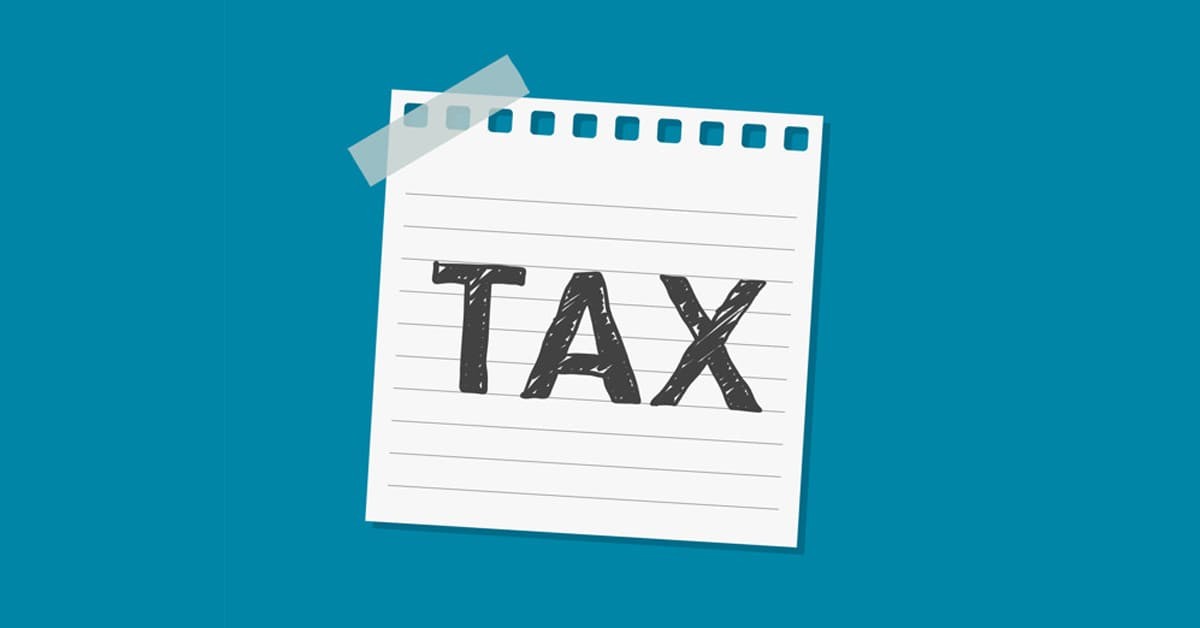In the realm of financial governance and economic management, the simplification of the income tax system has always been a topic of paramount importance.
The Evolution of Taxation
From the early days of civilization to the modern digital age, taxation has been an integral part of society. Historically, taxes were levied to fund wars and build infrastructure. However, as societies grew more complex, so did their tax systems. This evolution led to a web of rules, deductions, and exemptions, making tax compliance a burdensome task for many individuals and businesses.

The Need for Simplification
Addressing Taxpayer Woes
In recent years, there has been a growing clamour for the simplification of the income tax system. Individuals and businesses alike have been grappling with complex tax codes, frequent revisions, and the daunting task of navigating an intricate web of regulations. This has often resulted in errors, late filings, and unnecessary financial burdens.
Economic Impact
The complexity of the income tax system also has broader economic implications. It can deter foreign investment, stifle entrepreneurship, and hinder economic growth. Simplifying the tax system is seen as a potential catalyst for economic prosperity.
The Challenges Ahead
Political Obstacles
Implementing meaningful tax reform is easier said than done. Political forces, interest groups, and powerful lobbyists often resist changes that may affect their interests. Thus, achieving a simplified tax system requires strong political will and bipartisan support.
Balancing Act
Simplification does not mean a one-size-fits-all approach. Policymakers must strike a delicate balance between reducing complexity and ensuring that the government can continue to fund essential services.
Global Examples
Success Stories
Several countries have successfully simplified their income tax systems, serving as inspiration for others. Estonia, for instance, adopted a flat tax rate, drastically reducing complexity while boosting economic growth. Likewise, New Zealand implemented a user-friendly online tax filing system that streamlined the process for its citizens.
Lessons Learned
Studying these success stories can provide valuable insights into the possibilities and challenges of simplifying the income tax system. It showcases that, with the right strategies and political determination, real change is possible.
The Road Ahead
Modernization and Technology
Embracing technology is key to simplifying the income tax system. Online platforms and digital tools can simplify the filing process and reduce errors. Additionally, automation can help identify potential deductions and credits for taxpayers.
Education and Awareness
An informed taxpayer is an empowered one. Governments must invest in educational campaigns to help individuals and businesses understand the changes in the simplified tax system. Clarifying doubts and providing resources can ensure smooth transitions.
Conclusion
In conclusion, the simplification of the income tax system is not just a theoretical concept but a real and pressing need. It can alleviate the burden on taxpayers, stimulate economic growth, and create a fairer system for all. However, achieving this goal requires overcoming political obstacles, learning from successful models, and harnessing the power of technology and education.
By addressing these challenges head-on and committing to the cause of simplifying the income tax system, governments can pave the way for a more prosperous and equitable future.








 CAclubindia
CAclubindia
